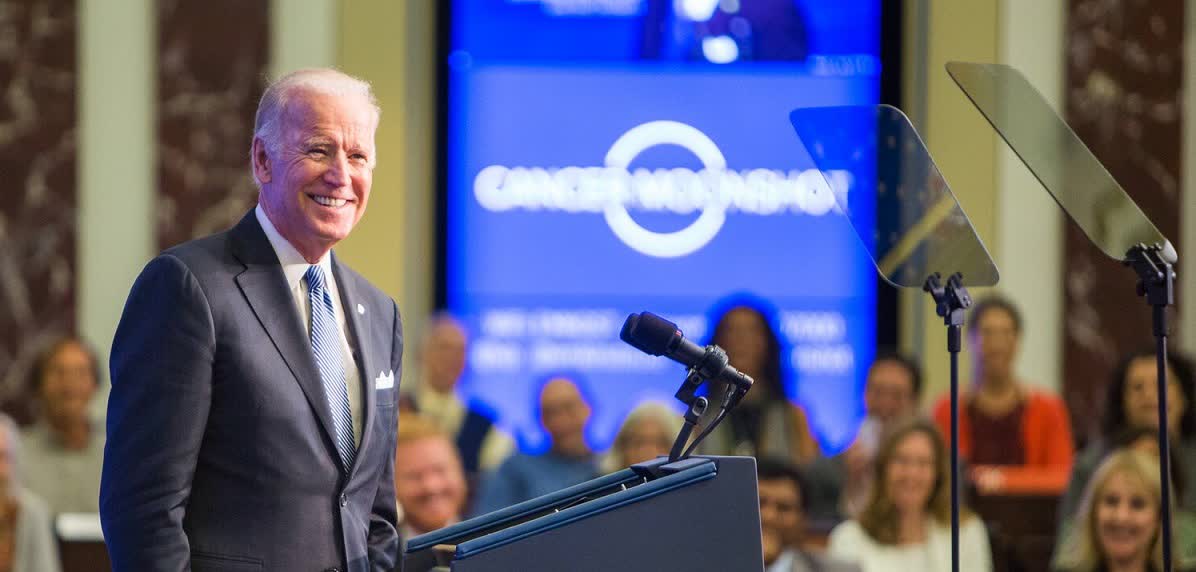In a surprising turn of events, the National Football League (NFL) has recently suspended four players for breaching the league’s strict gambling policy. This development has sent shockwaves throughout the sports world and has raised questions about the integrity of the game.
The NFL has always taken a strong stance against gambling, as it poses a significant threat to the fairness and credibility of the sport. The league’s policy prohibits players, coaches, and other personnel from participating in any form of gambling activities related to professional football. This includes not only betting on games but also associating with individuals involved in gambling.
The four players who have been suspended for violating this policy are well-known names in the league. Their suspensions have left their respective teams in a state of uncertainty and have undoubtedly impacted their chances of success this season.
One of the players facing suspension is a star quarterback who has been a key figure for his team for many years. His absence will undoubtedly have a significant impact on his team’s offensive capabilities and overall performance. Another player is a talented wide receiver known for his exceptional speed and agility, whose suspension will leave a void in his team’s receiving corps.
The other two players facing suspension are defensive stalwarts, known for their ability to disrupt opposing offenses and make game-changing plays. Their absence will undoubtedly be felt on the field, as their teams will have to find suitable replacements to fill their roles.
The NFL’s decision to suspend these players sends a clear message that gambling-related activities will not be tolerated within the league. It serves as a reminder to all players and personnel that they are held to high standards of conduct both on and off the field.
The league’s strict stance against gambling is rooted in the desire to maintain the integrity of the game. Gambling has long been seen as a potential threat to sports, as it opens the door for corruption and match-fixing. By enforcing a zero-tolerance policy, the NFL aims to protect the fairness and credibility of its games.
The consequences of breaching the NFL’s gambling policy are severe. In addition to suspensions, players can face fines and even permanent bans from the league. These penalties serve as a deterrent to players who may be tempted to engage in gambling activities.
It is worth noting that the NFL’s gambling policy is not unique to the league. Many other professional sports organizations, both in the United States and internationally, have similar policies in place to safeguard the integrity of their respective sports.
In conclusion, the recent suspension of four NFL players for breaching the league’s gambling policy has sent shockwaves throughout the sports world. The NFL’s strict stance against gambling serves as a reminder of the importance of maintaining the integrity of the game. The suspensions of these players will undoubtedly have a significant impact on their teams’ performances and raise questions about the future of their careers. As the NFL continues to enforce its zero-tolerance policy, it sends a clear message to all players and personnel that gambling-related activities will not be tolerated within the league.
